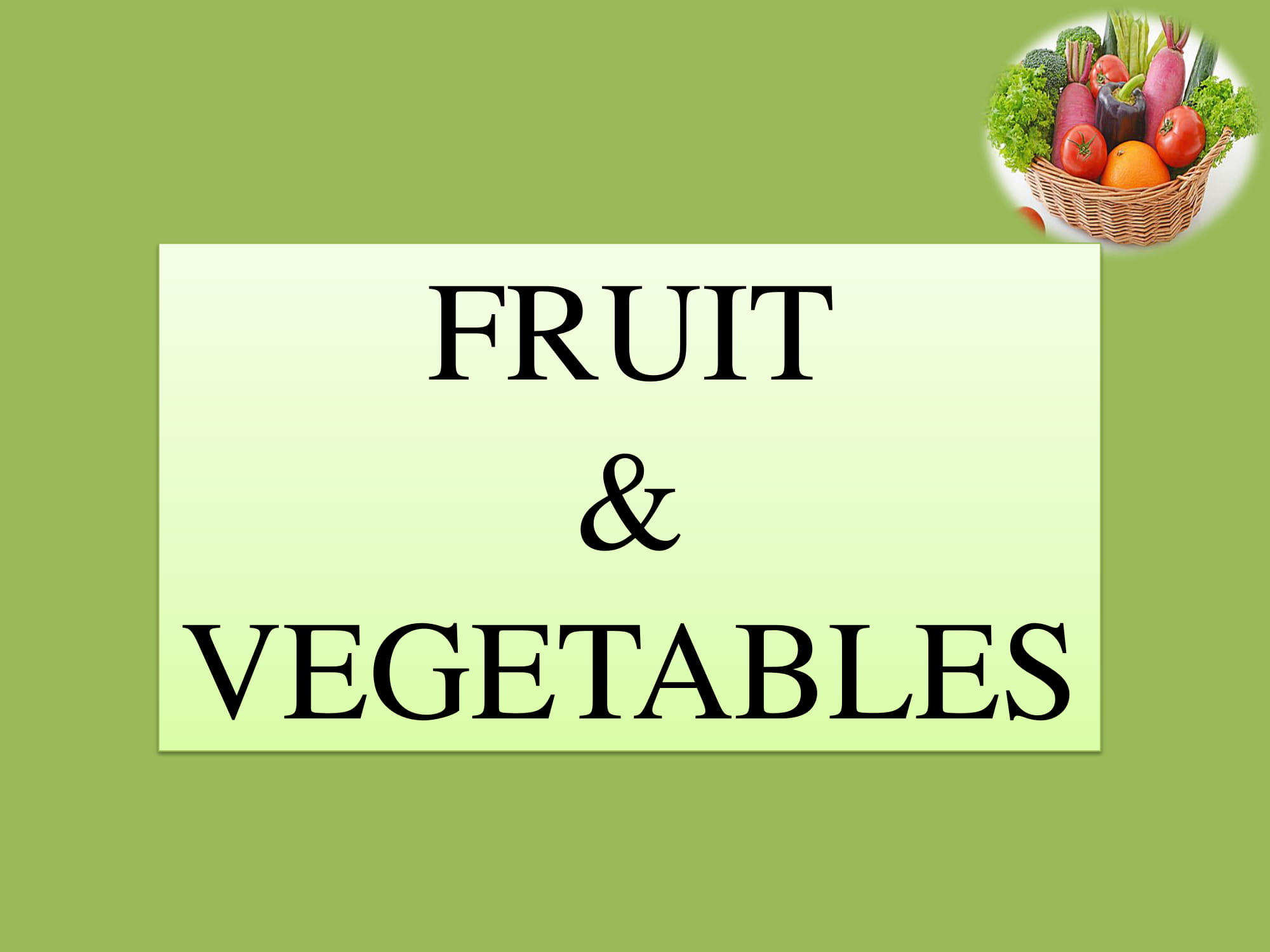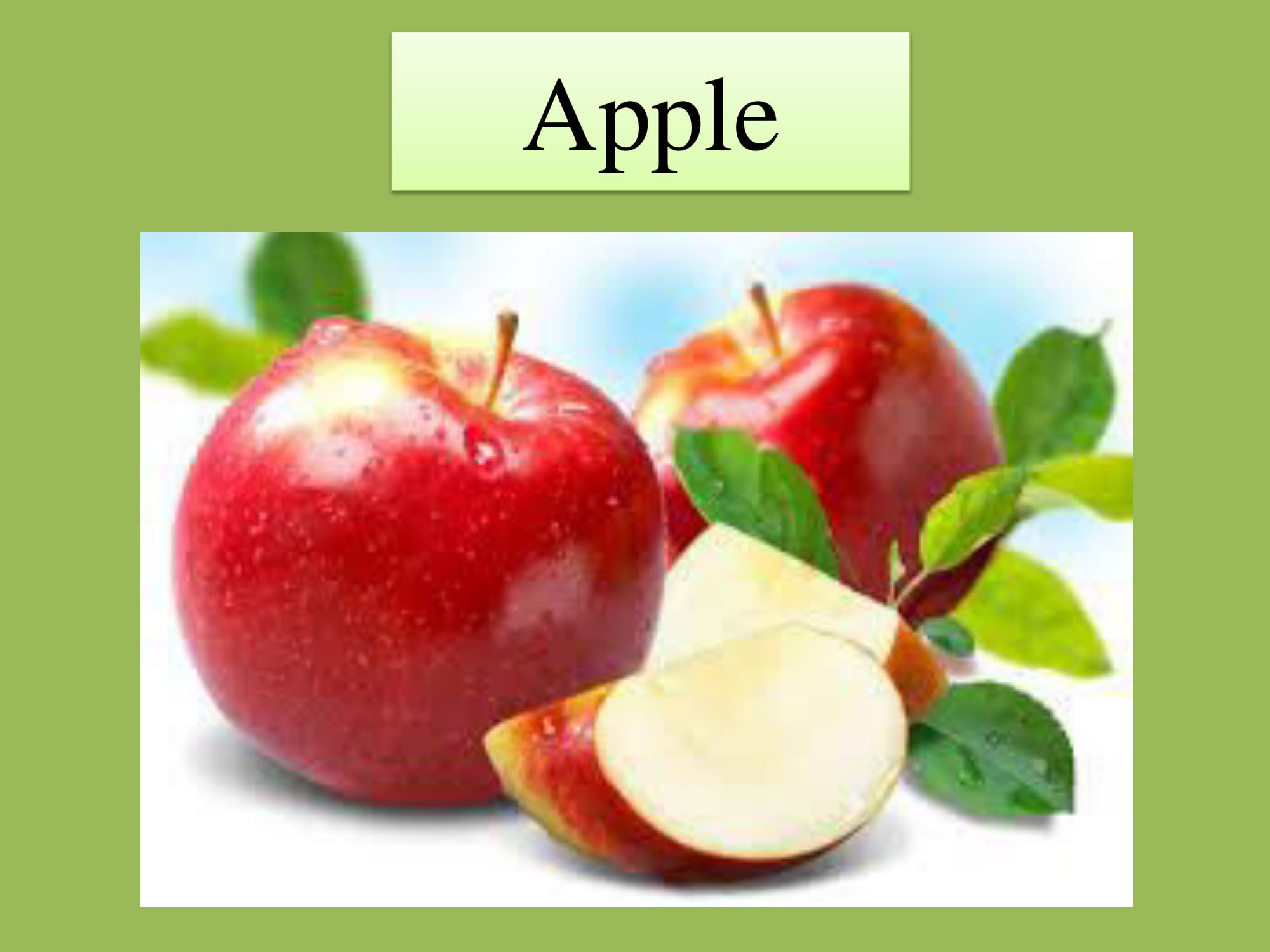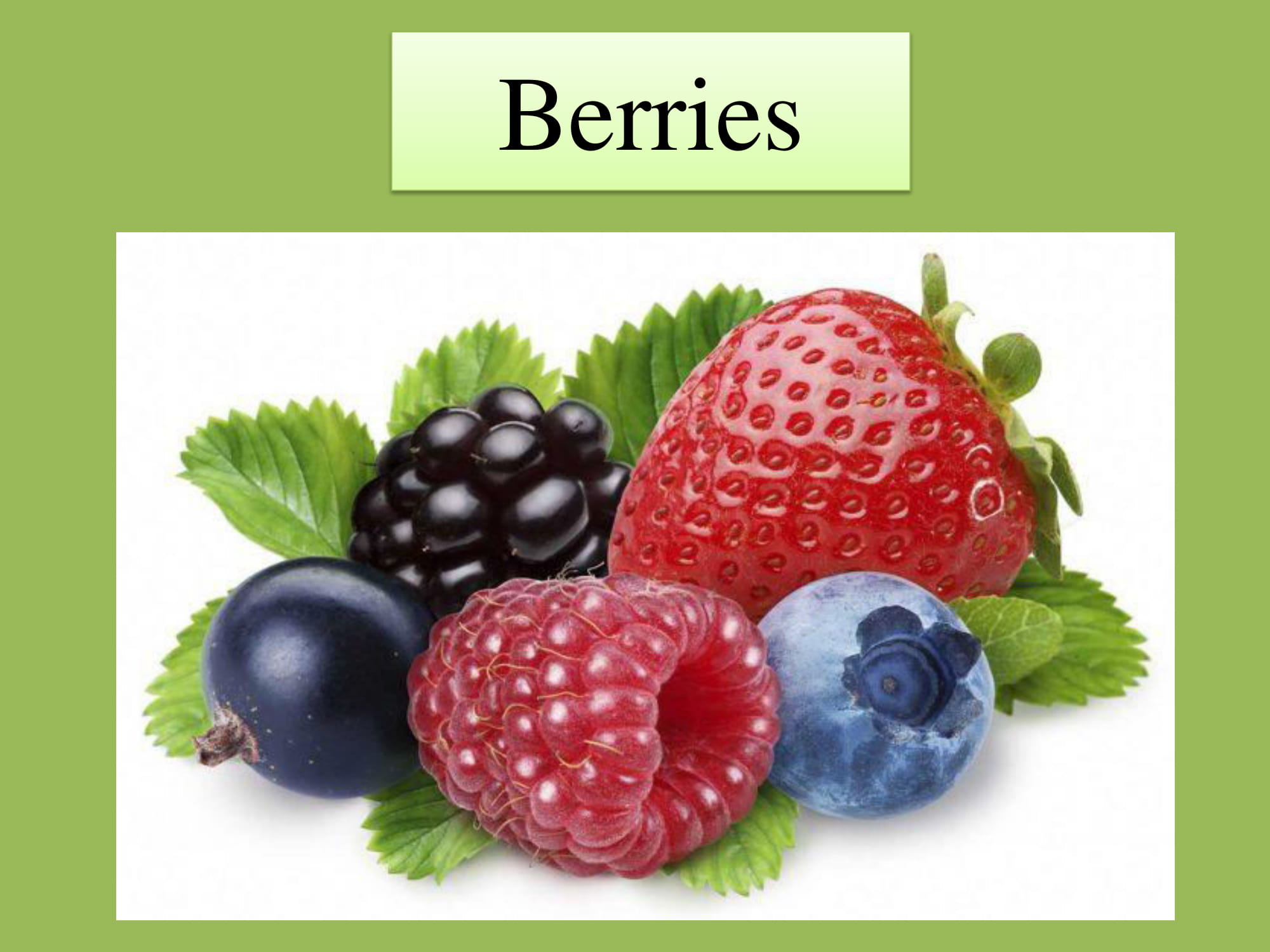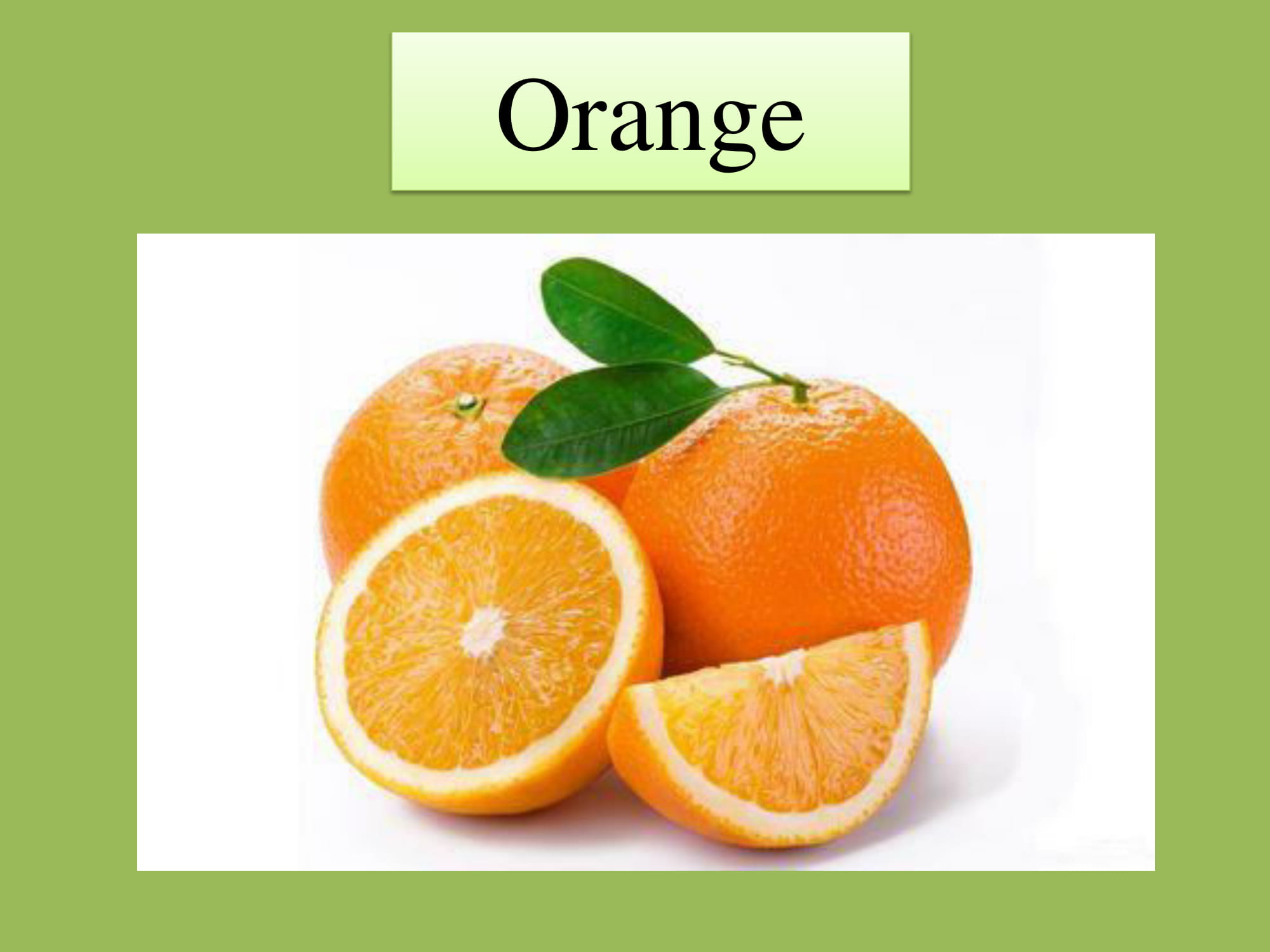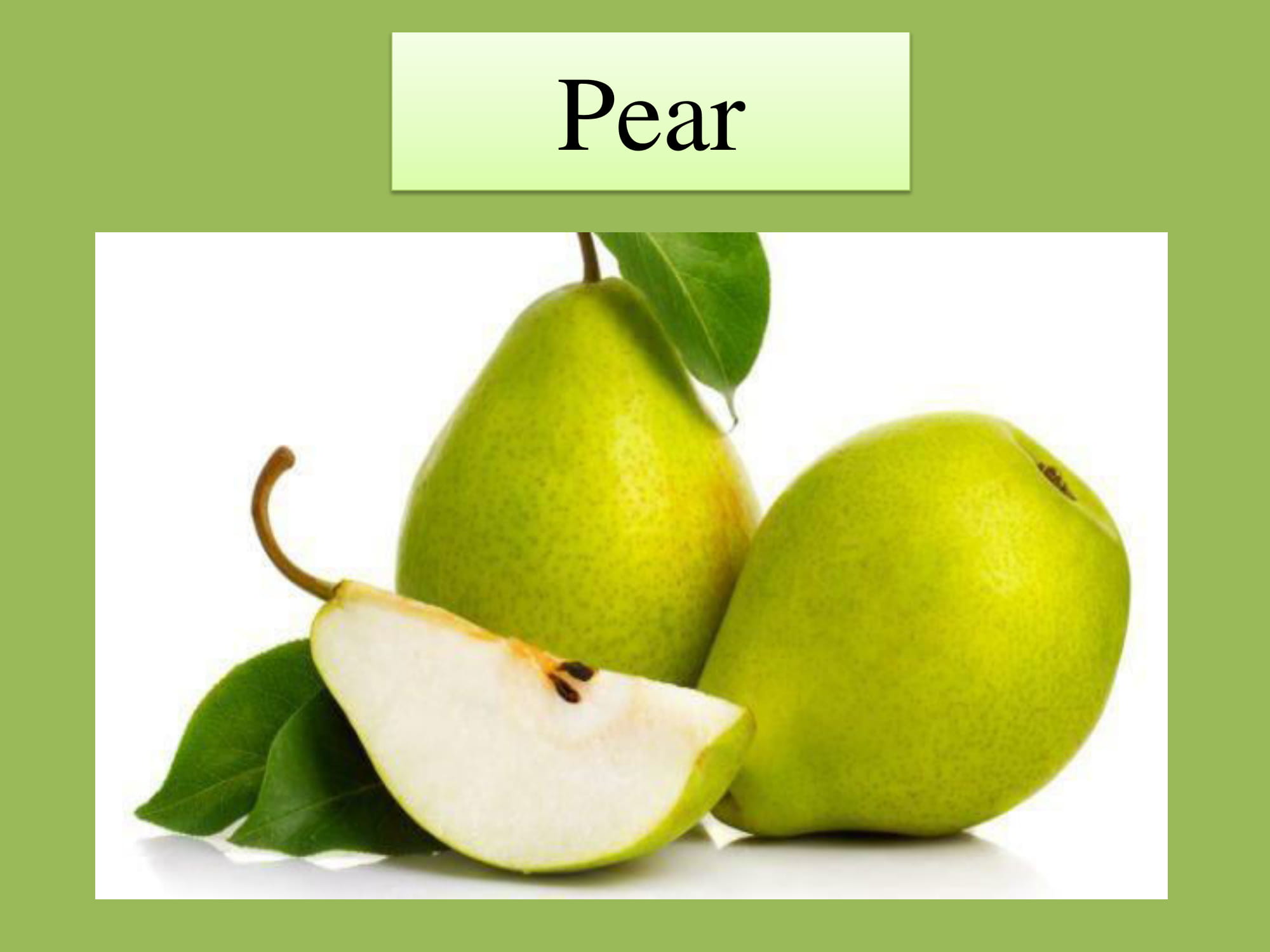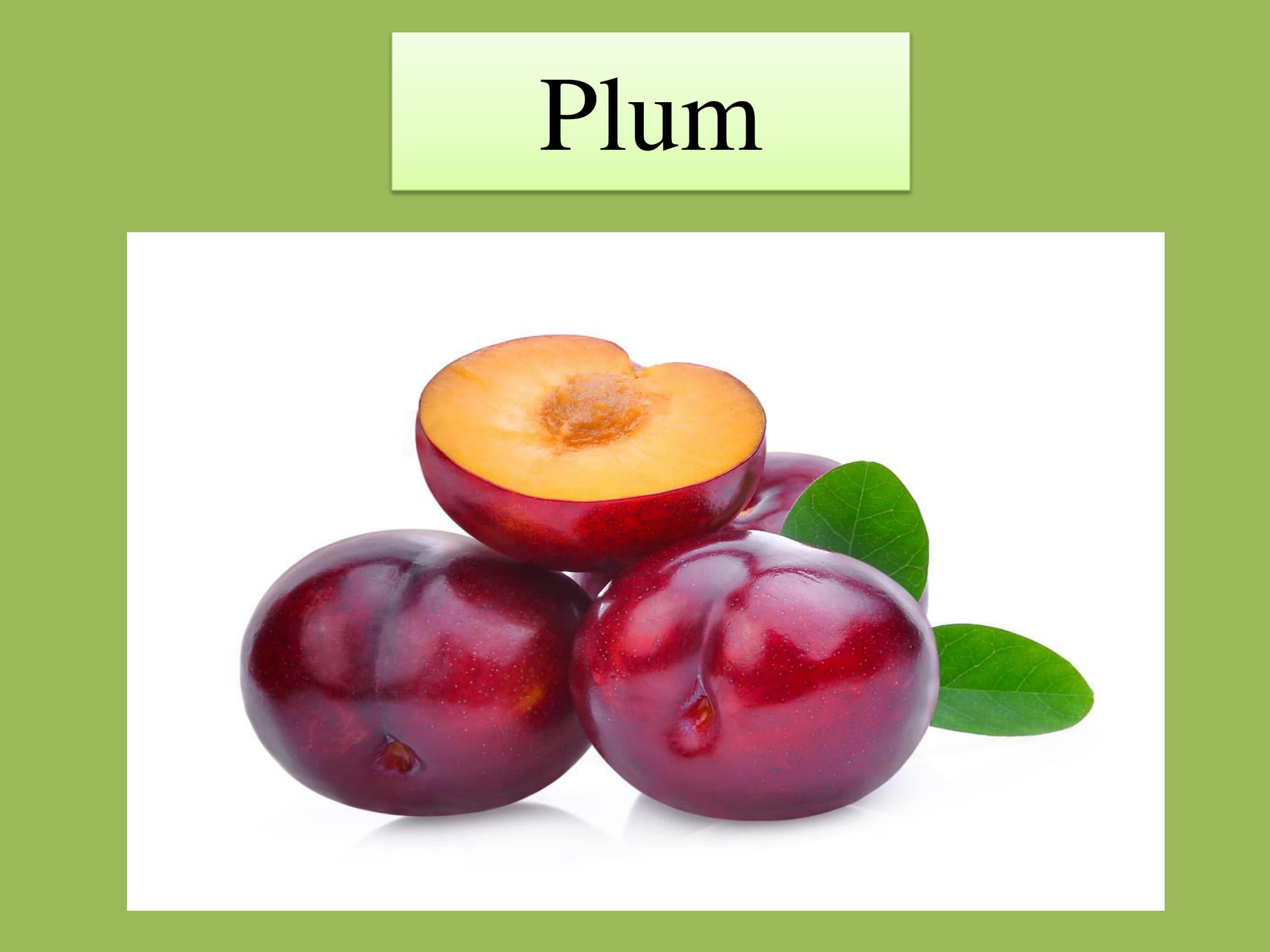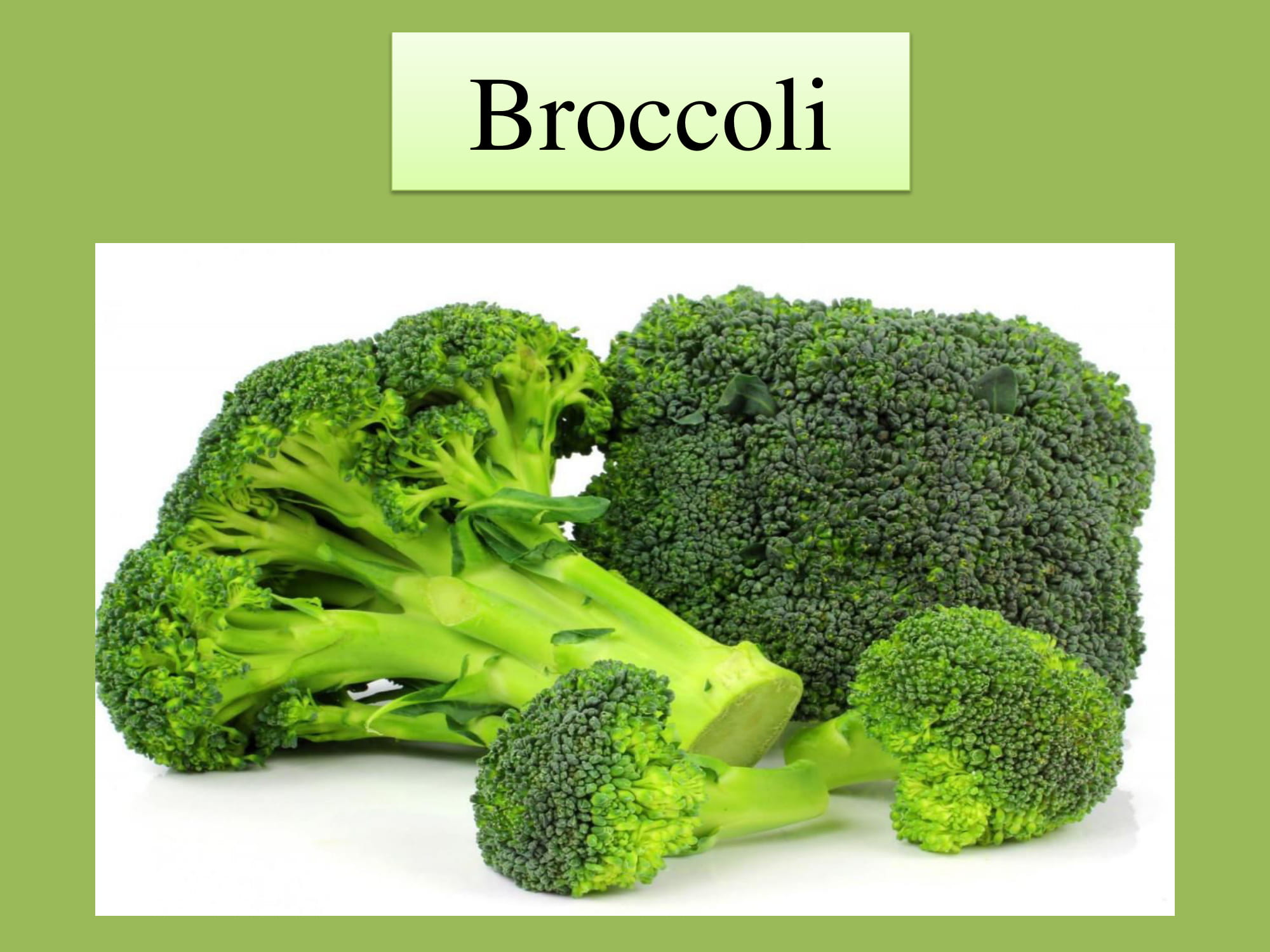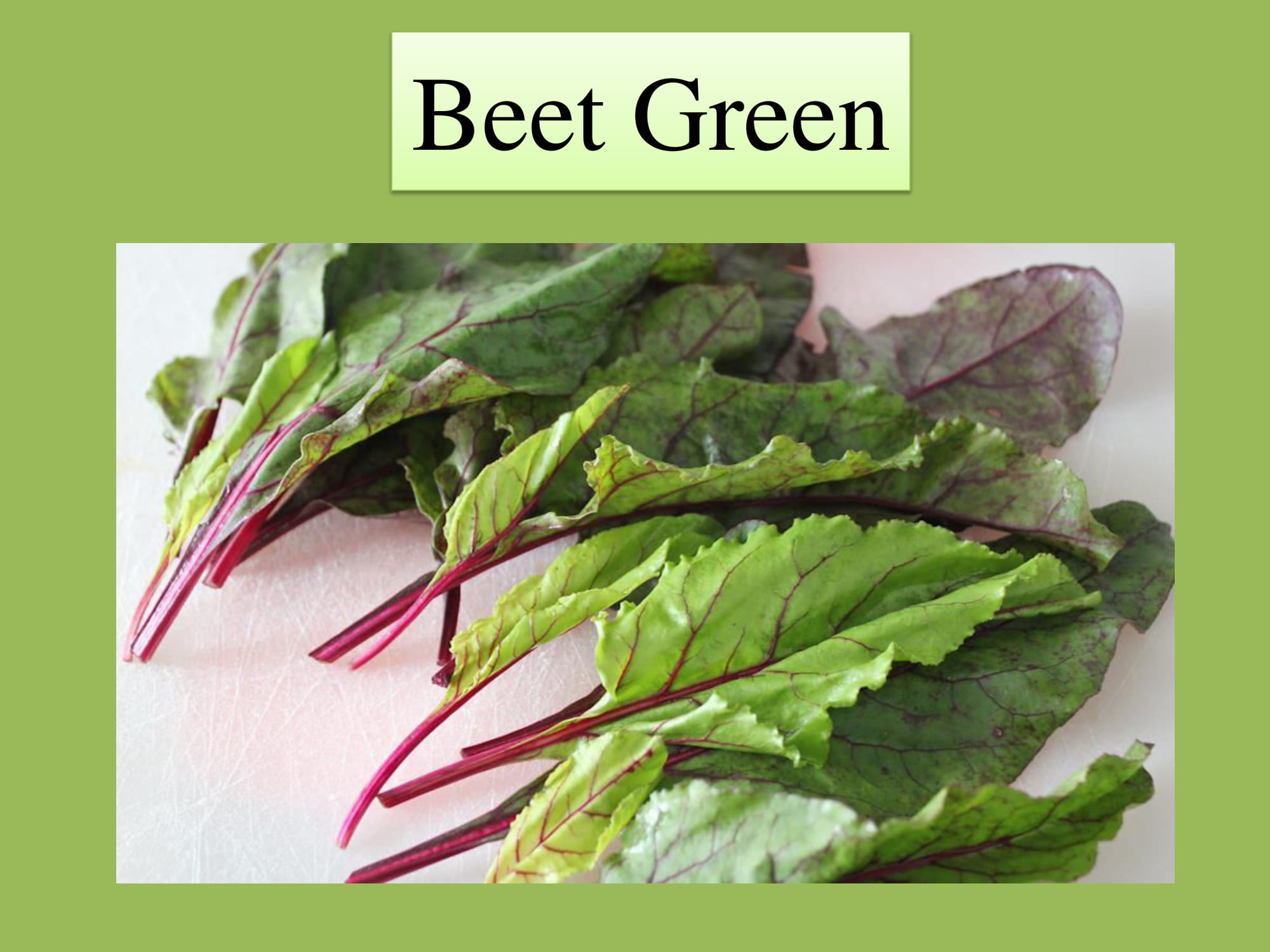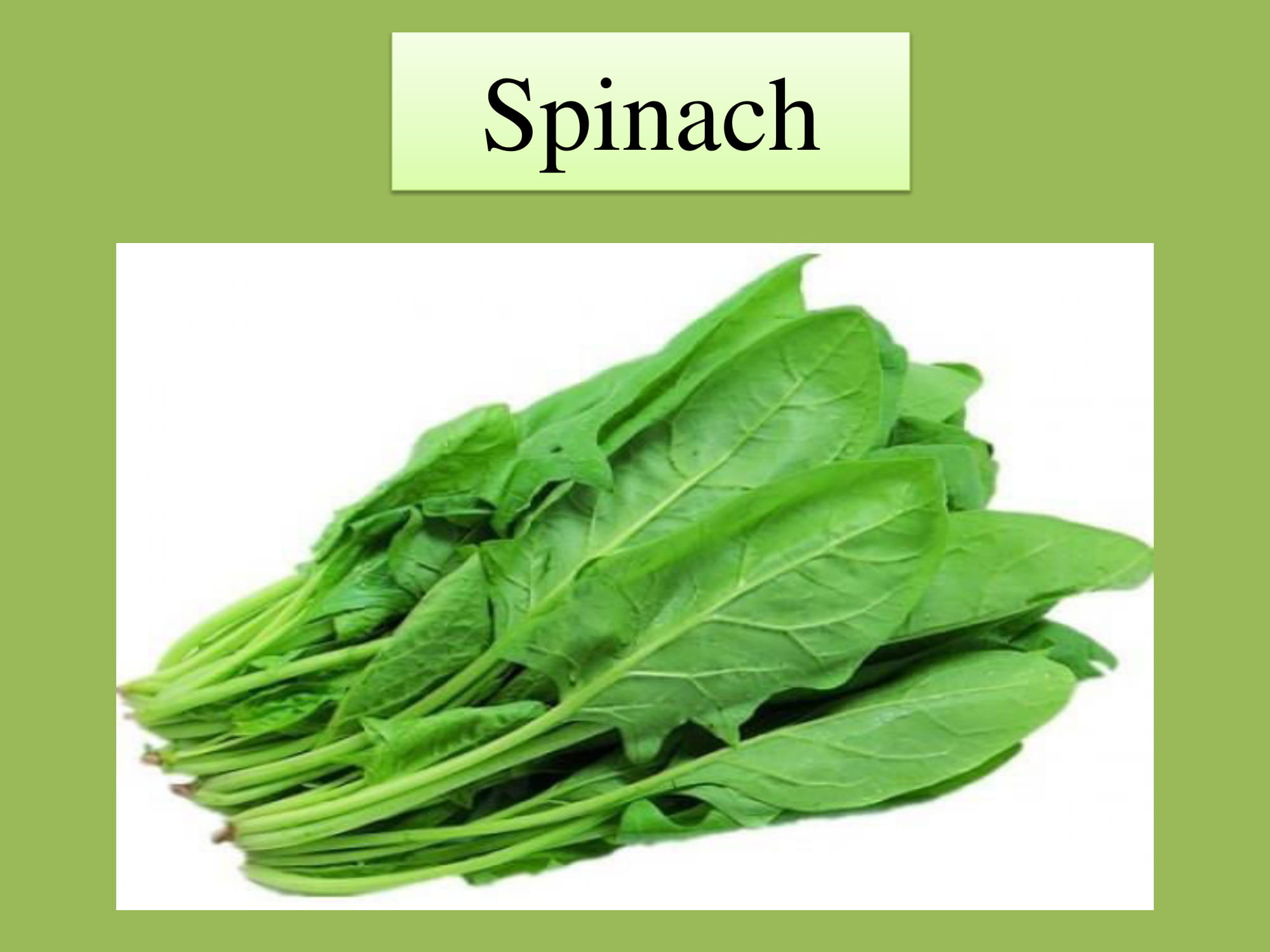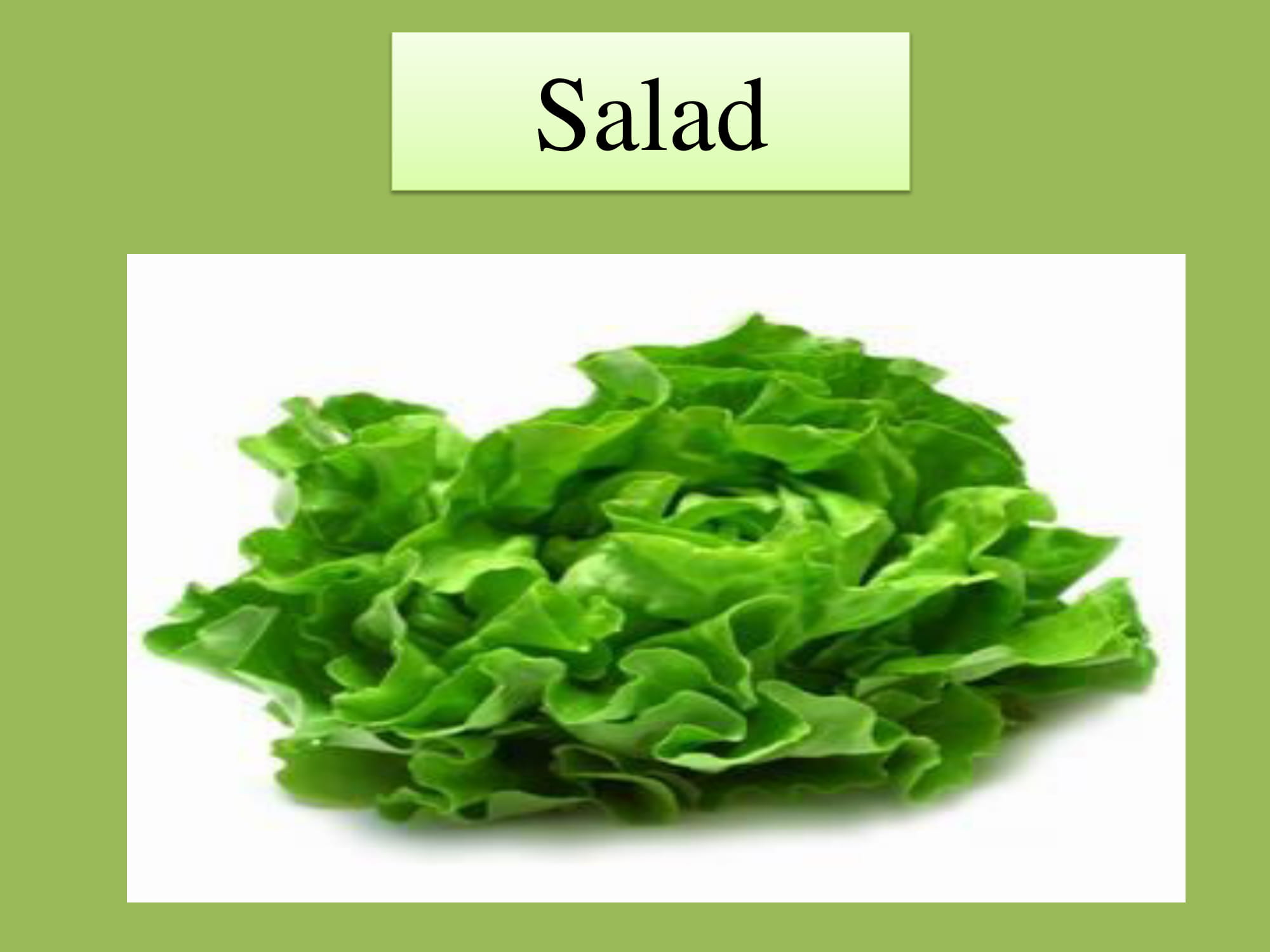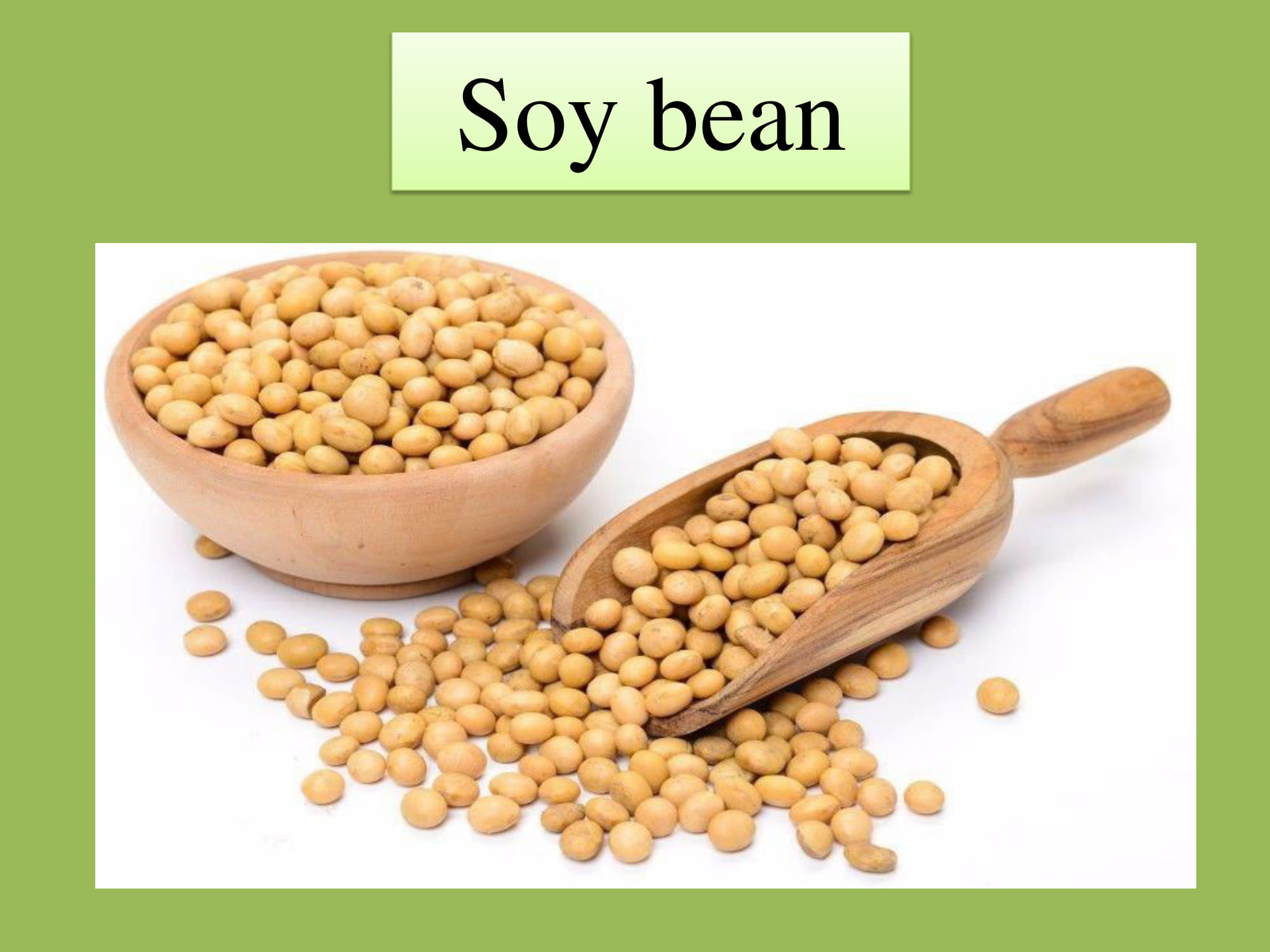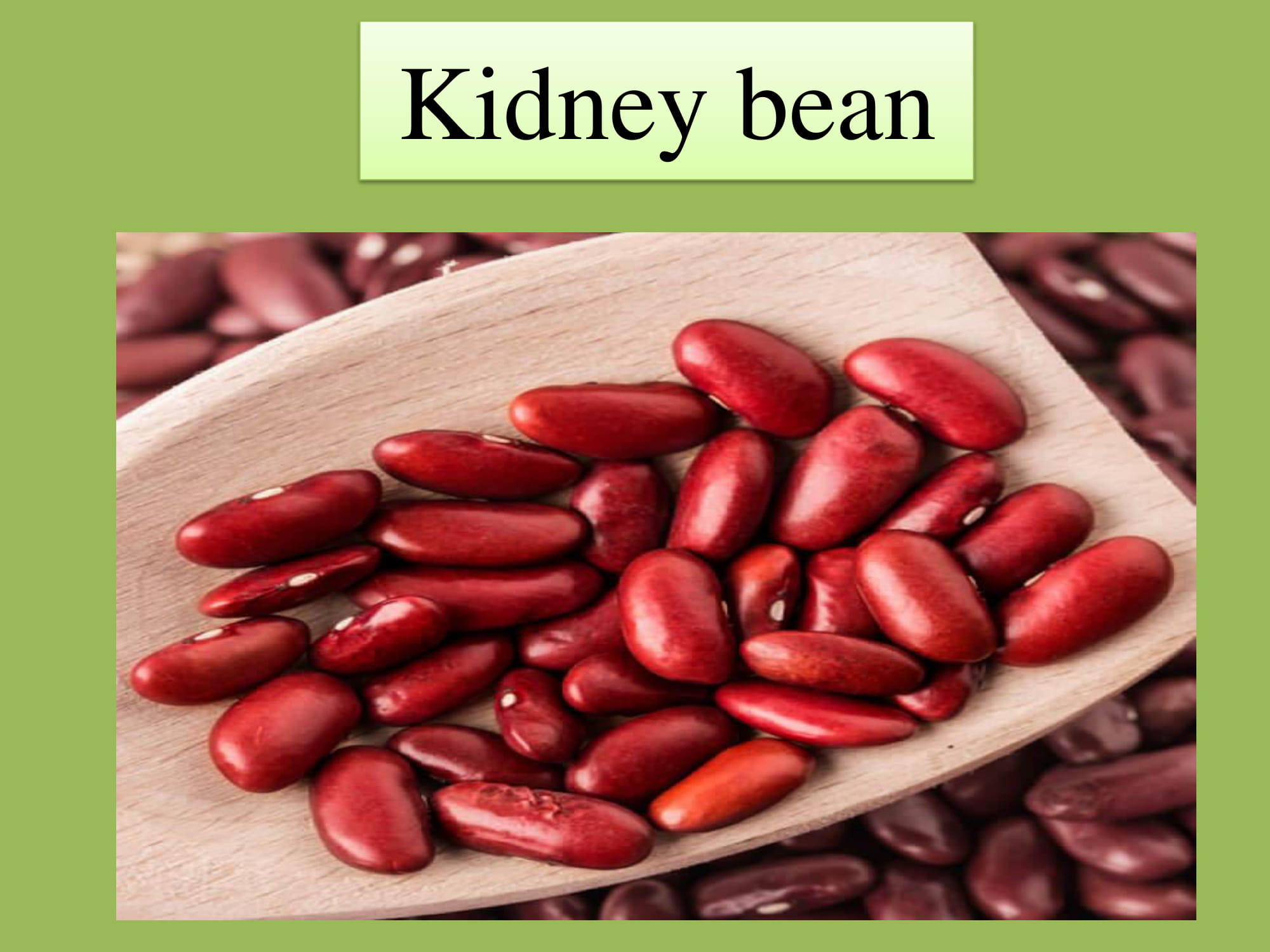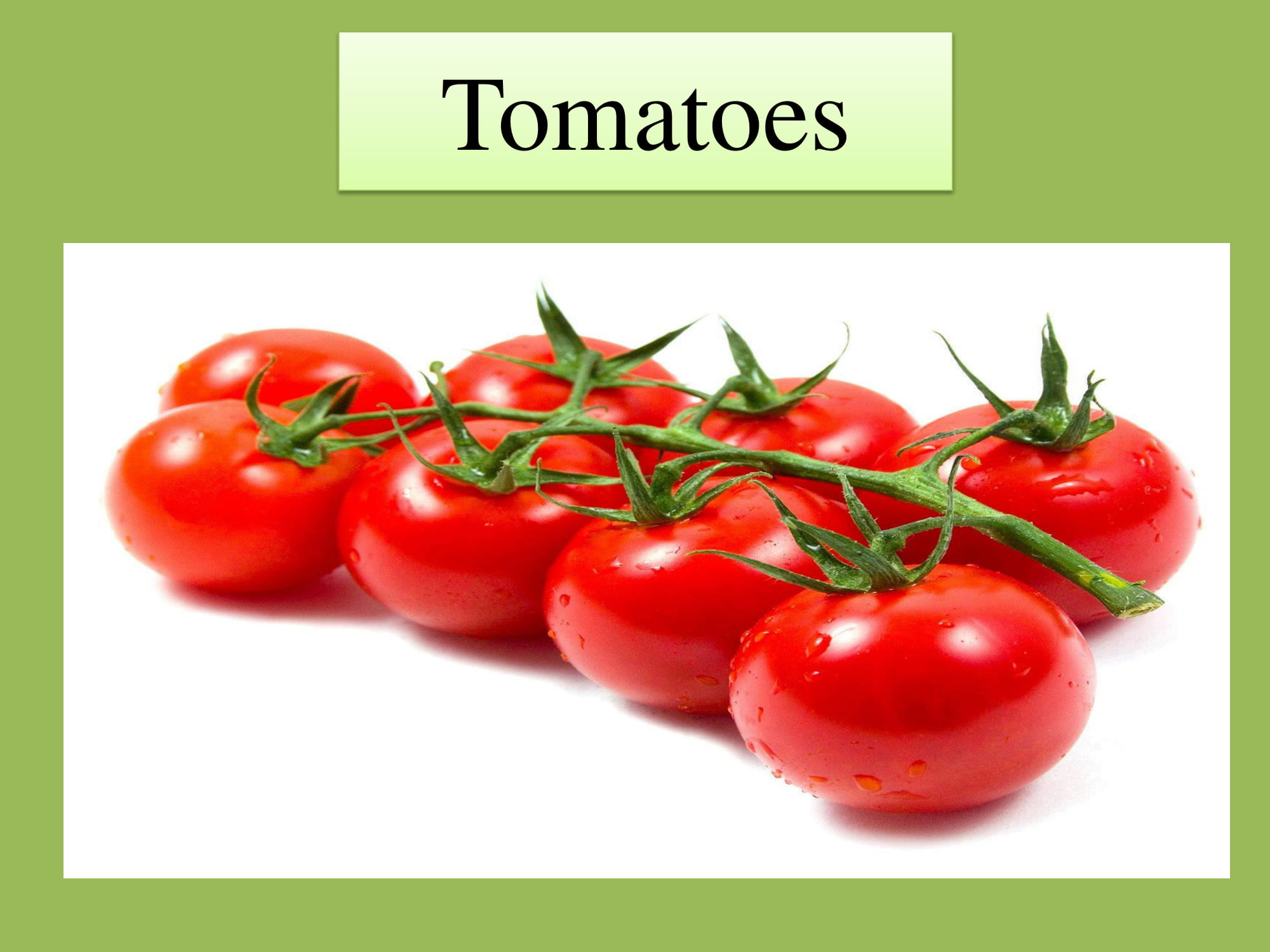Fruit and vegetables are important sources of vitamins, minerals, dietary fibre, plant protein and antioxidants which keep you healthy throughout your life. Vegetables and fruits are rich in color and taste. They add variety to your diet and those people whose diets are rich in vegetables and fruit have a significantly lower risk of obesity, heart disease, stroke, diabetes and certain types of cancer. Its good to have it about two servings per day.
One portion of Fruit & Vegetables is:
- One apple, orange, pear or banana or similar sized fruit.
- Two smaller fruits such as plums, satsumas, kiwi fruit.
- A handful of very small fruits such as grapes, cherries or berries.
- Half to one tablespoon of dried fruits such as raisins, prunes or apricots.
- Half cup of green leafy vegetables with edibles stems
- A slice of large fruit such as a piece of melon or a slice of pineapple.
- Three heaped tablespoons of raw, cooked, frozen or canned vegetables.
- 1 cup, whole or mashed, cooked of dry beans and peas (such as black, garbanzo, kidney, pinto, or soy beans, or black-eyed peas or split peas)
- A dessert bowl of salad.
- One cup of tomato juices
- One cup, chopped or florets of broccoli
- One cup cooked or 2 cups raw of spinach
What type of food should I eat?
- Focus on whole fruits (fresh, frozen, dried, or canned in 100% juice).
- Enjoy fruit with meals, as snacks, or as a dessert.
- Make half your plate fruits and vegetables
- Vary your veggies and try adding fresh, frozen, or canned
vegetables to salads, sides, and main dishes. - Choose a variety of colorful veggies prepared in healthful ways like steamed, roasted, or raw.
- Avoid overcooking vegetables and fruit as this can lead to the loss of important vitamins
- Eat a wide variety of vegetables and fruit
- For snacks, choose raw vegetables and fresh fruit, rather than foods that are high in sugars, fats or salt
- When using canned or dried vegetables and fruit, choose varieties without added salt and sugars
Health Benefit
- Eating a diet rich in vegetables and fruits as part of an overall may reduce risk for heart disease, including heart attack, stroke and certain type of cancer.
- Diets rich in foods containing fiber, such as some vegetables and fruits, may reduce the risk of heart disease, obesity, and type 2 diabetes.
- Eating vegetables and fruits rich in potassium may lower blood pressure, and reduce the risk of developing kidney stones and help to decrease bone loss.
- Eating foods such as vegetables that are lower in calories per cup instead of some other higher-calorie food may be useful in helping to lower calorie intake.

